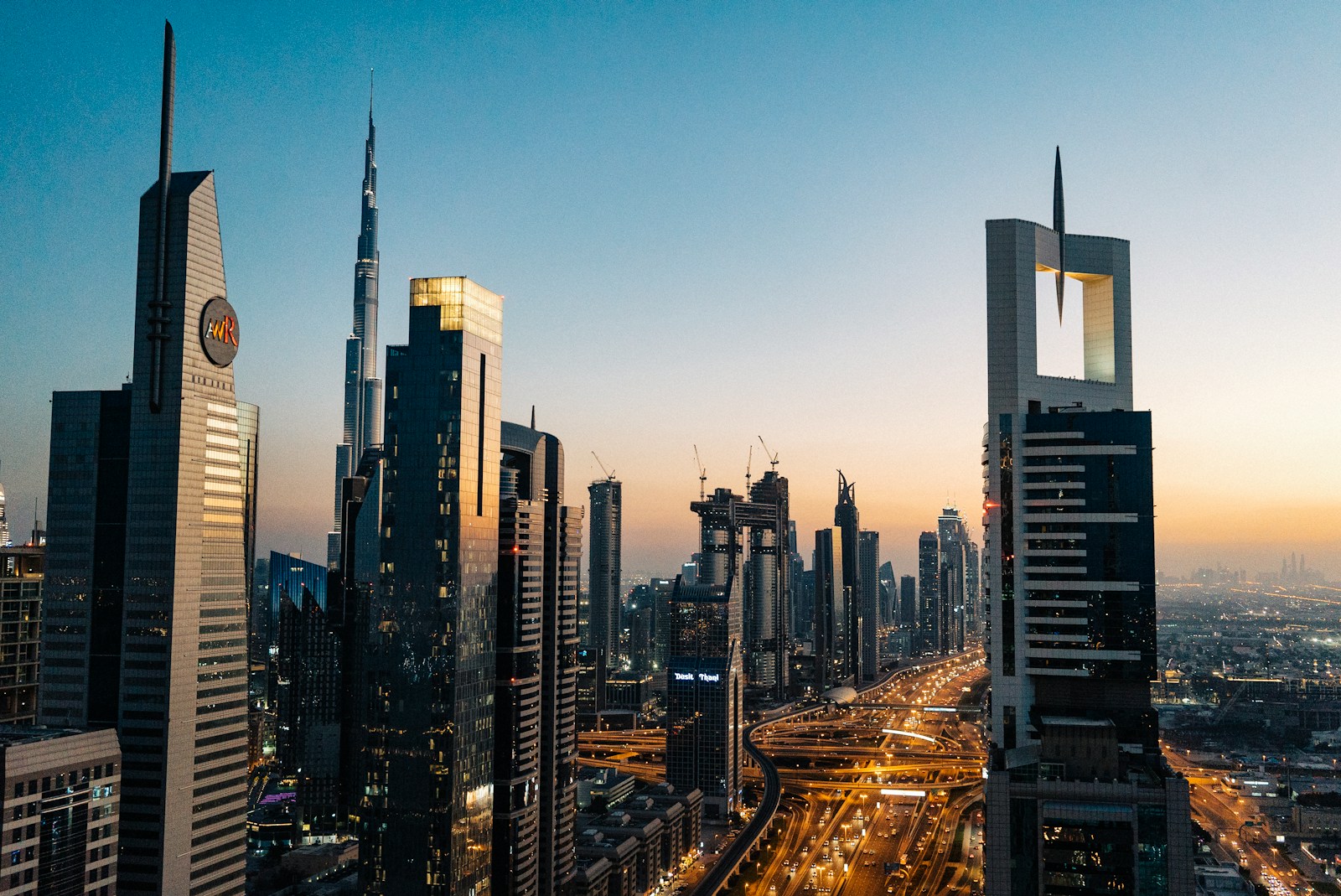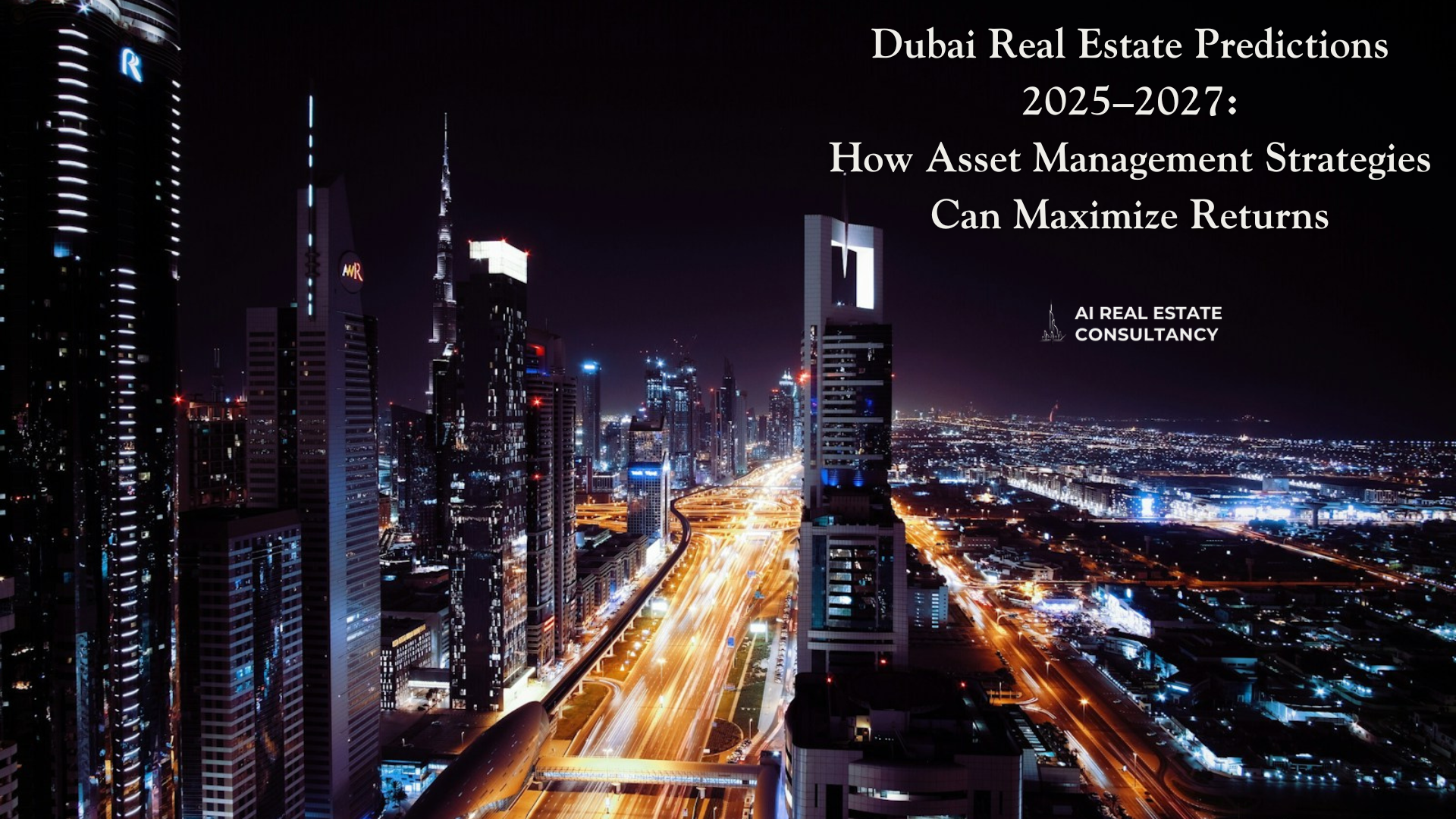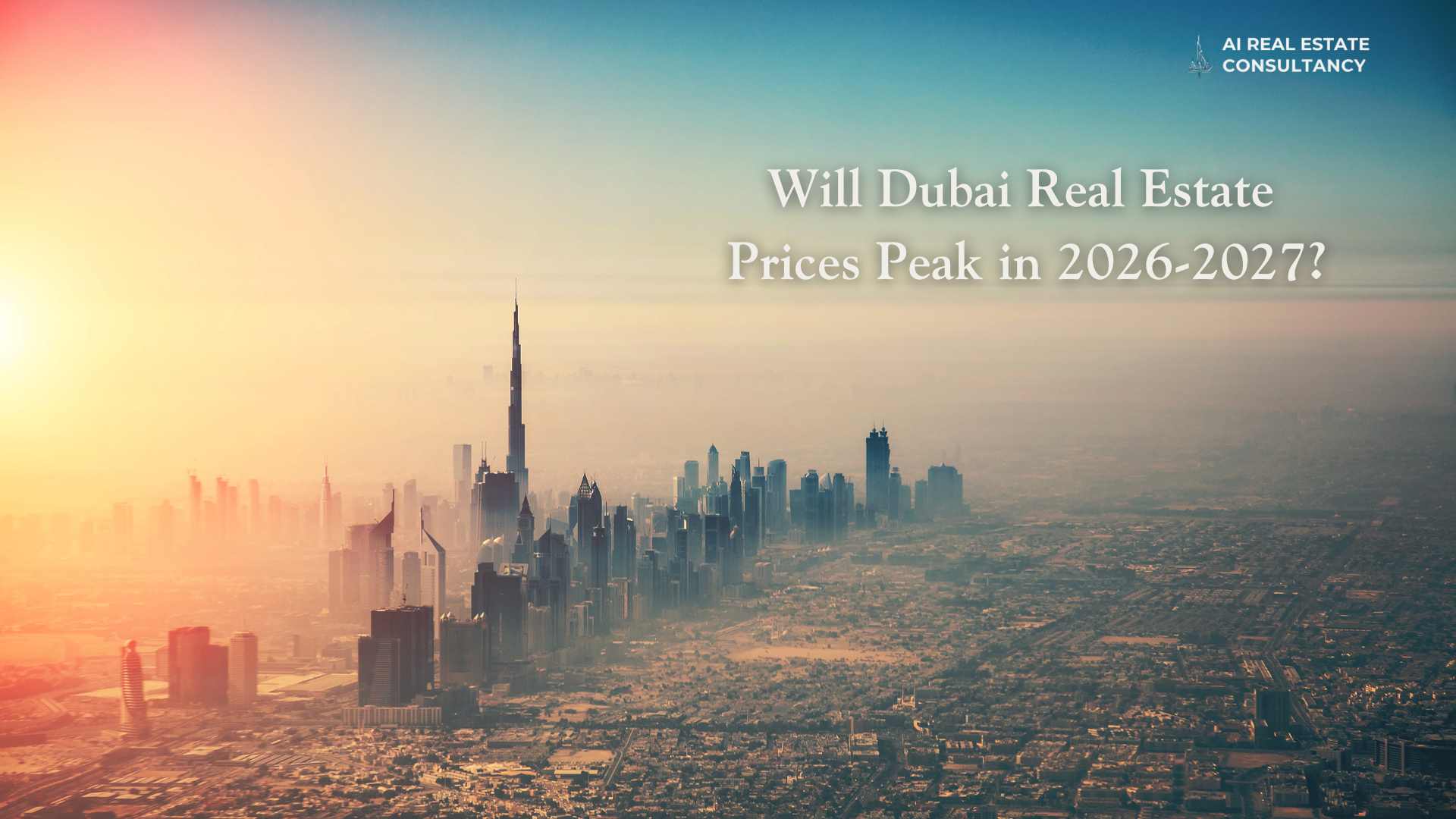Dubai’s real estate market has historically been a rollercoaster of soaring peaks and sudden dips, making it one of the most volatile property markets globally. Investors often wonder: Is history set to repeat itself, or is the market finally heading toward stability in 2025 and beyond? In this article, we analyze the factors contributing to Dubai’s market evolution and assess whether a new cycle of volatility is on the horizon or if a sustainable growth trajectory is taking shape over the next few years.
A Global Perspective: Comparing Dubai with Mature Real Estate Markets
To understand Dubai’s market evolution, it’s essential to compare its performance with other mature real estate markets. The Global Real Estate Price Index Comparison (2005-2024) chart illustrates how Dubai’s market has been more volatile compared to cities like Singapore, Sydney, Toronto, Shanghai, and London.
As depicted in the chart Dubai has historically had high volatility patterns compared to other cities in the world and in this article, we will analyze the theory if the city of Dubai is headed for another volatile cycle.
The Evolution of Dubai’s Real Estate Market
- Digital property registration
- Smart mortgage rules
- Strategic transaction fees
- Tourism expansion
- Financial hub growth
- Tech innovation zones
- Dubai REST platform
- Open data access
- Market analytics
- Green building standards
- Affordable housing
- Smart city planning
- Cooling measures
- Investment guidelines
- Growth policies
Volatility Analysis: Is Dubai’s Market Stabilizing?
To assess whether Dubai’s high volatility chain has ended, we analyzed the standard deviation of property price changes over three distinct periods: 2005-2011, 2012-2018, and 2019-2024. This analysis compares Dubai’s volatility with that of other major cities.
As evident in the above chart Dubai’s volatility appears to be decreasing. Volatility dropped from 38.30% (2005-2011) to 22.11% (2012-2018), stabilizing at 23.27% (2019-2024). While volatility is still high compared to other mature markets we can see signs of improvement.
The Role of Population Growth
Population growth is a critical driver of real estate demand. Analyzing the correlation between population growth and property prices post-2017 provides insights into market dynamics.
Analysis
- Dubai’s Growing Correlation: The increasing correlation between population growth and property prices in Dubai signifies a shift toward a demand-driven market, characteristic of mature real estate markets.
- Influence of Government Policies: In cities like Shanghai, government intervention has significantly altered market dynamics, leading to a negative correlation.
Key Findings:
- Post-2017 Correlation: 75% directional alignment between population growth rate changes and DPI movements
- Market Maturity: Suggests emergence of more predictable relationship between demographics and prices
- Quality of Growth: Recent population growth more closely tied to end-user demand rather than speculative investment
- Policy Impact: Government initiatives aligning population growth with sustainable price appreciation
Is History Set to Repeat Itself?
Dubai’s real estate market appears to be on a path toward reduced volatility, supported by regulatory reforms, increased market transparency, and strategic government interventions. While the market’s volatility remains higher than some global counterparts, the trend indicates a move toward stabilization and maturity.
By analyzing both historical data and current trends, it becomes evident that Dubai’s real estate market is evolving. The integration of regulatory frameworks, increased market transparency, and alignment with mature market characteristics—including the pivotal role of government intervention—are collectively steering the market toward a more stable future. Investors are encouraged to look beyond past volatility and consider the underlying factors contributing to the market’s maturation.
About Ai Real Estate Consultancy
Ai Real Estate Consultancy is a leading real estate investment advisory firm based in Dubai. With a commitment to data-driven insights and personalized strategies, we help investors navigate the complexities of the property market to achieve their financial goals.
Sources:
Dubai Land Department Data, Dubai Statistics Center, tradingeconomics.com, statista.com, worldpopulationoverview.com, ons.gov.uk, statcan.gc.ca, ceicdata.com
Deep Dive Podcast







